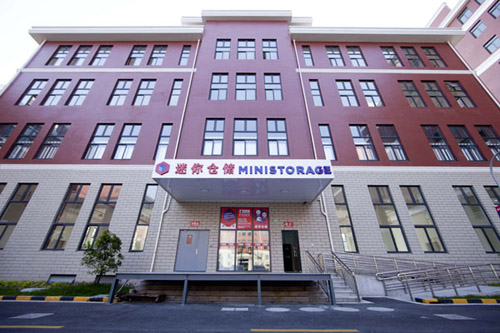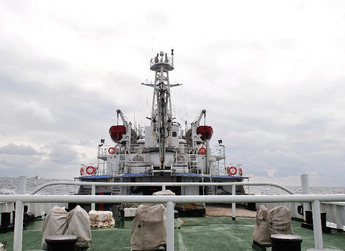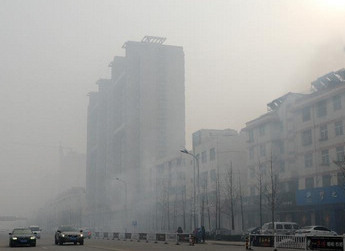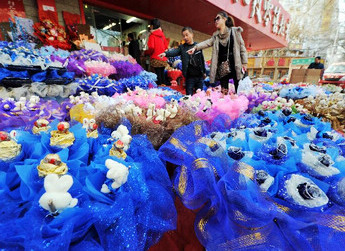
 |
| A Ministorage facility in Shanghai. The self-storage company has been in operation in the metropolis for about two years. Provided to China Daily |
The company already has 35 self-storage facilities with a total of more than 250,000 square meters of storage in German-speaking Europe.
Learning from his peers' experience in Hong Kong, Spitzy decided the company had to buy its own property in the Chinese mainland when entering the market.
"Property prices in Hong Kong have risen so much that self-storage companies can't survive if they transfer that burden to customers. Therefore, we will always have our own property," he said.
Since Ministorage owns its properties, it can make building design decisions. Customers will also have more faith the company will not move or run away, Spitzy explained.
The current property that Ministorage owns in Shanghai is about 5,000 square meters, and the company plans to buy another two in the city. First-tier cities, such as Guangzhou, Shenzhen and Beijing, are also potential targets for expansion.
In Europe, 70 percent of self-storage customers are private individuals, with business people accounting for the rest. But in Asia, it's the other way around, with business accounting for 60 percent and individuals 40 percent, Spitzy said.
"There are more entrepreneurs and small companies in China. For a new startup, they don't want to spend a lot of money on a warehouse. So they rent 10 to 20 sq m at a self-storage company instead. We have many different customers. For example, China Mobile is one of our customers. They rented 100 sq m for server equipment," he said.
 |  |
















 Young Spanish scientist has a career 'made in China'
Young Spanish scientist has a career 'made in China'


![]()
